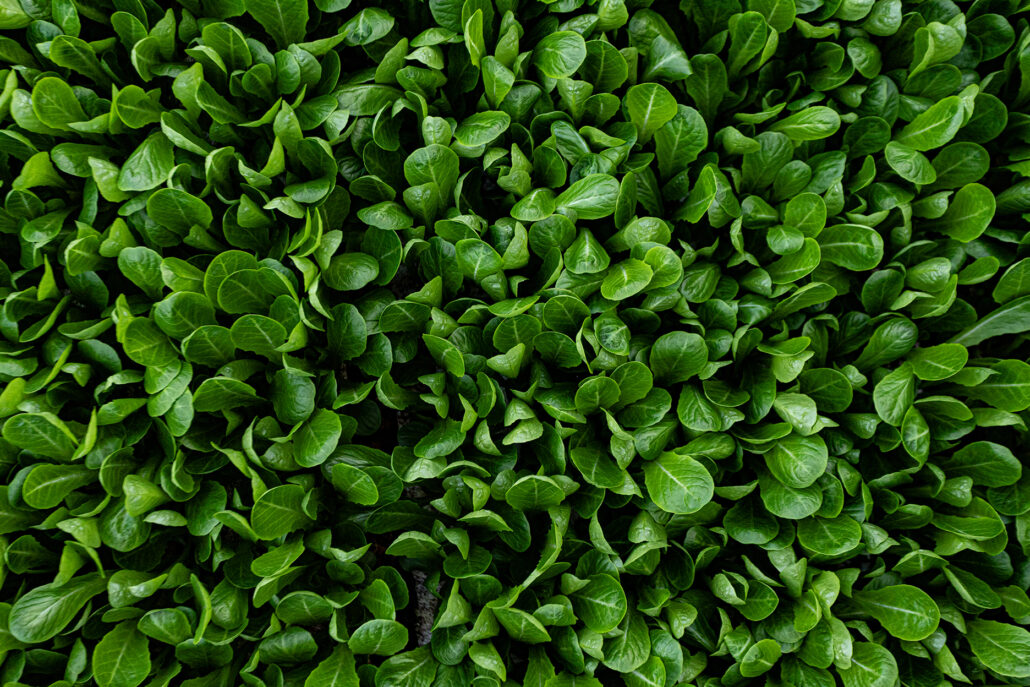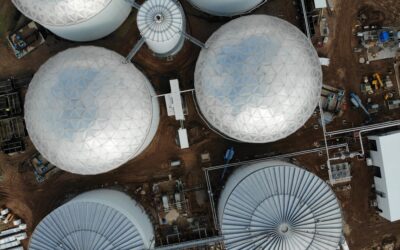Equilibrium teams with European firm for CEA R&D in Singapore

Chairman Dave Chen says the pair will address technological challenges stemming from heat and humidity that could help clear the path for controlled environment agriculture’s growth throughout broader Southeast Asia.
Equilibrium has teamed with Dutch technology and services provider Priva to establish a research effort in Singapore to develop technology necessary for expansion of controlled environment agriculture in Southeast Asia.
In a late October statement, Priva announced the pair will focus on creating a blueprint for technologies designed for greenhouses well-suited to the region. The statement noted that while the Singaporean government’s Green Plan 2030 aims to have 30 percent of nutritional needs met locally by 2030, challenges related to regional heat and humidity make it difficult to profitably operate greenhouses.
Equilibrium chairman Dave Chen told Agri Investor there is not yet a formal relationship between the Priva research collaboration and the Singaporean government, but the pair plans to address market challenges that are key to realizing its ambitious plans. He added Equilibrium has long planned to partner with a design, build and operate (DBO) firm such as Priva to address technology challenges related to greenhouse construction, which account for more than half of capex in the sector.
“If you are close to CEA, you are very close to the kinds of opportunities and problems that there are in the sector. We just decided that we and Priva would step up to one of the major levers that need to be addressed in CEA and that’s energy productivity,” he said.
Specifically, Chen said, research will focus on efforts to increase energy efficiency and productivity through technology that can involve everything from genetics and inputs through to sophisticated farm management. Plans call for a greenhouse in Singapore to serve as a “test bed” for the technologies being developed.
Southeast Asia
Equilibrium and Priva will eventually focus on a broader Southeast Asia region. Chen explained that it includes countries along the Indian Ocean and members of the Gulf Cooperation Council that share challenges related to year-round high levels of heat and humidity and a lack of cool evening temperatures.
“We consider that this partnership of the two companies is a foundational partnership, and we will be inviting other pieces of the puzzle to work with us to develop integrated climate management,” he added.
Soon after Equilibrium announced its investment alongside PSP Investments and Temasek into Australian produce supplier Perfection Fresh in March, Chen said the firm planned an Asian expansion of both its CEA investments and a separate strategy focused on climate transition infrastructure that includes investments in anaerobic digesters. This week, Chen said it remains unclear whether the expansion will require a distinct vehicle.
“We see Southeast Asia as a very greenfield opportunity where climate adaptation agriculture and climate adaptation infrastructure is going to have to start and will have a growth opportunity,” he said.
Chen noted that while traditional ag equipment companies like John Deere have evolved to participate in a variety of technology, hardware and data markets to keep up with the increasing drive towards regenerative practices, there is no obvious integrator of greenhouse equipment and technology.
“What we are really trying to do is create an actual technology platform,” he explained. “It’s not an institute we are creating, but a partnership to use projects to actually develop the technology.”
While any investment required to establish its relationship with Priva is not within the mandate of either of Equilibrium’s two CEA vehicles, Chen said the firm supports it as part of efforts to foster development of the broader market.
“This is something that we believe is necessary for long-term success in the sector,” he added. “Not the region, but the sector.”
